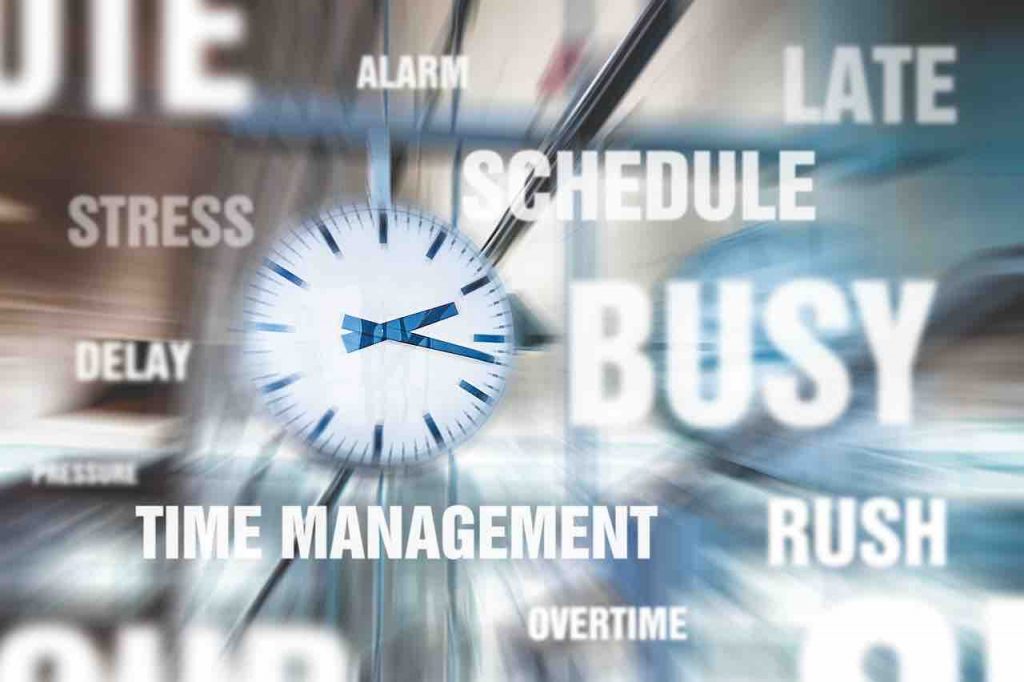 A new study shows workplace fatigue has become a costly and growing problem for employers. The National Safety Council surveyed more than 2,000 working adults and found many perform at a lower level, claiming tiredness, sleepiness, reduced energy, and an increased effort needed to perform tasks at a desired level.
A new study shows workplace fatigue has become a costly and growing problem for employers. The National Safety Council surveyed more than 2,000 working adults and found many perform at a lower level, claiming tiredness, sleepiness, reduced energy, and an increased effort needed to perform tasks at a desired level.
The fatigue produces accidents and mistakes. Beyond a health and safety issue, the research found fatigued worker productivity carries an annual cost to employers of $1,200 to $3,100 per employee.
Fatigue on the job come with some alarming challenges:
- 43% of the respondents say they don’t get the necessary seven to nine hours of sleep a day for optimal health and performance.
- 30% said work-related stress is a cause of their lack of sleep or ability to stay asleep.
- 59% reported they are unable to perform their jobs as well when tired.
- 22% work more than 50 hours a week.
- 80% have jobs that are demanding or repetitive.
Think of fatigue like a car’s gasoline consumption. Driving fast gets you to your destination faster but it uses more fuel. Eventually the tank will hit empty and that could during a bad time.
Consider these tips to reduce the fatigue in your workplace:
Define the Problem
Work with your team to figure out why mistakes are happening. Is it a product of a packed schedule, extra hours, or poor instructions?
This is not a time to blame people for mistakes but to figure out their cause. Make it an honest discussion. Often a mistake is the first sign of larger problems in an organization.
Find Solutions to Prevent Workplace Fatigue
Some find it useful to imagine a perfect world, where you have unlimited resources to address problems. Then scale back your ideas to your organization’s capacity.
Possible solutions could include:
- Having certain tasks performed at times when people are more rested
- Tasks that don’t require a high level of skill being outsourced or addressed through automation.
- Some tasks may no longer be necessary and can be eliminated with minimal impact on the business.
Create a Culture of Shared Responsibility
It’s a two-way street when it comes to workplace fatigue. Supervisors need to avoid exhausting their teams with last minute requests or unexpected work.
Employees need to arrive at work focused and ready to perform. Your job should not be the place where you wake up. That’s your bedroom. Steps should be taken to ensure sleep is a priority and not a poorly defined goal.
Those who stay late on a regular basis should be able to ask for help for their supervisors. Help may not be possible but the lines of communication need to be open.
Incentivize Performance Differently
Overtime, flexible hours, or some other perk is often given to employees who put in extra hours. Perhaps we should reward employees who can maintain a high level of quality and still get their work done in a standard workweek.
The goal is not cutting corners but thinking of new ways to get your work done. If a business is going to lose money for mistakes, then doesn’t it make sense to spend money on making sure the mistakes never happen?
Reward people who discover innovative ways to prevent workplace fatigue.





